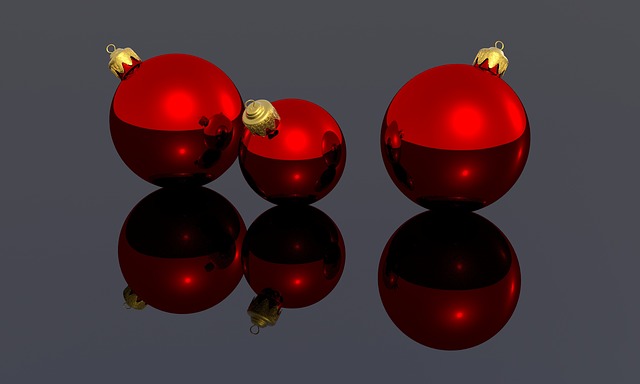 The days leading up to Christmas do not lend themselves well to reflection. Christmas Eve and Christmas Day are not much better. Those of us who celebrate this holiday are familiar with the chaos that seems to be overwhelming in those days.
The days leading up to Christmas do not lend themselves well to reflection. Christmas Eve and Christmas Day are not much better. Those of us who celebrate this holiday are familiar with the chaos that seems to be overwhelming in those days.
Perhaps the best time to reflect on the truth of the season is after it is behind us. With the burden of the chaos lifted, we can revert to our logical quest to discover the truth about Christianity.
When we slip back into that mode, we immediately are confronted with historical evidence that Christmas is not what we believe it to be.
There is historical evidence that bawdy festivals relating to the end of the crop season correspond to the days we now delegate to Christmas. Missing from the equation is any evidence that December 25th is truly the anniversary of Christ’s birth.
Over the centuries, religious and civic interests battled over how many days constituted a year and when a year began. Much of the dispute revolved around when to recognize Easter which seemed to be more easily identified. Christmas, it seemed, was somewhat arbitrarily linked to those existing festivals.
In short, the church hijacked an existing celebration.
Armed with this understanding, do we now abandon the Christmas celebration?
If we strip away the hostilities from both sides of the argument we might find a logical foundation for Christmas being just what we expect it to be.
The Christmas season brings about a feeling of goodwill, peace and the urge to gather together in a giving spirit. It is a time when many feel compelled to reach out to lend a hand to those less fortunate. In that respect, we can see Christmas as representing many of the attributes that Christ promoted.
It is a time of nostalgia. It is a time when we embrace music of joy and harmony. It is a time when we allow our emotion of love to flourish and spread.
Even if we are wrong about the exact date of Christ’s birth, Christmas remains a celebration of the foundation of Christianity and all the good that it represents.
It is, above all, a celebration of love.
